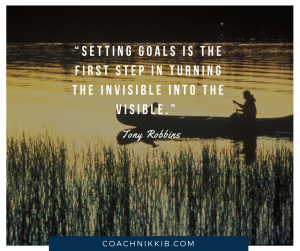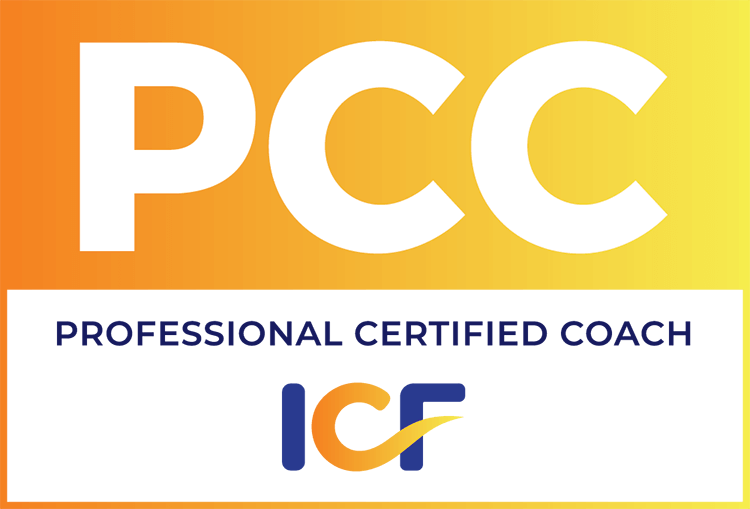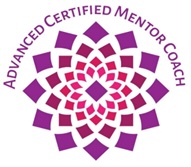 This article is the second in the Write Foundations series I am working on with my friend, Janice Ernest. She’s a “Publishing Mercenary” who helps writers get their books out of their head and into readers’ hands. We are discussing topics that are so important to writers but are often not given enough attention in the writing world, so be sure to check out Janice’s view on things here.
This article is the second in the Write Foundations series I am working on with my friend, Janice Ernest. She’s a “Publishing Mercenary” who helps writers get their books out of their head and into readers’ hands. We are discussing topics that are so important to writers but are often not given enough attention in the writing world, so be sure to check out Janice’s view on things here.
Do you ever feel like you are working so hard to get…somewhere? How will you ever know if you arrive? We are all used to the idea of goal setting in the context of sports or even business, but sometimes creative pursuits like writing aren’t given the same attention and respect. That’s a real shame because having well-planned goals for your writing will
- add fuel to your creative fire and help you get more writing done
- inspire you to really stretch yourself and achieve more with your creative work
- enable you to identify and prioritize the actions you need to take every day
- help you become better organized and work more efficiently
- give you more self-confidence and enthusiasm about your writing
If you are feeling dissatisfied with your writing or with life in general, chances are you don’t have specific goals or the goals you do have are not the right ones for you. The thing is, without having a destination in mind, you will probably wind up frustrated and discouraged because your writing projects may never get finished or reach the level of success you really want. Maybe you even burn out altogether and your stories never see the light of day. That would be a crying shame, so let’s see what we can do about that, shall we?
You’ve probably heard that goals need to be SMART: specific, measurable, achievable, relevant and time-bound. Yes, these are all characteristics of good goals, but today, I’m actually encouraging you to BE SMARTER with your goal setting.
B stands for the big picture you need to have in mind before you ever start setting goals. We all tend to get caught up in short-term thinking because there are so many urgent little matters vying for our attention all the time. Set aside a weekend or even a few hours to think about your big vision. What do you ultimately want from your writing? Why do you want this? How does this fit in with the rest of your life and larger purpose? This is very personal and will be different for everyone.
E stands for energizing. Make sure your goal actually touches an emotional chord within you. It should evoke feelings of excitement or enthusiasm. Maybe it even feels a little scary. If it is just a normal run-of-the-mill thing to do, it’s not a good goal.
S stands for specific. Make sure each goal is clear and concise. What exactly do you hope to accomplish? For example, don’t just say, “I want to write more often.” Instead, say something like, “I will write 500 words a day for 5 days every week for the month of July. Also, keep it simple. Make sure each goal has one focus. Don’t try to stack multiple things together in one goal.
M stands for measurable. Make sure your goal includes measurable ways to track your progress. In our example above, you can easily determine exactly how many words and days of the week to focus on. Also, do some thinking about exactly how you will track these measurements. 500 words is easy to measure with your word processor and you can simply check off each day of the week on a calendar as you complete your 500 words. It doesn’t have to be anything fancy, but be sure you know exactly how you will measure your progress.
A stands for achievable Make sure your goal is in alignment with what is actually possible for you right now. Setting goals that stretch you is important, but it is just as important to make sure your goals are not totally unrealistic. If a goal is too big for you right now, don’t give up on it completely, just adjust it as necessary so you don’t become discouraged.
R stands for relevant. This is where knowing the big picture is important. How does this goal line up with your big vision? How will it help get you there? We can easily get sucked into setting goals that sound great, but don’t really do anything to move us closer to our ultimate vision. This happens a lot when we get distracted by what others are doing and compare our success to theirs. SOS (shiny object syndrome) and FOMO (fear of missing out) are powerful forms of distraction that can lead you off course. Make sure what you are working on will ultimately get you where you want to go.
T stands for time-bound. When will you want to have this goal accomplished? What is important to you about that particular timeframe? If you don’t set a date, it isn’t really a goal. Also, keep in mind that “someday” is not a day of the week.
E stands for endless process. You’ve probably already figured out that you will never finish goal setting. Once you reach one goal, It will be time to set another. Goals evolve over time due to changing life circumstances, desires and ability. Let go of perfectionism and learn to collaborate with your life instead of fighting what you cannot control.
R stands for reward. this is the fun part. 🙂 How will you reward yourself when you’ve completed this goal? In our haste to move on to the next goal, we don’t always take the time to acknowledge and fully appreciate what we have accomplished. Being kind to yourself and rewarding yourself in small ways throughout the process can make the journey more fun and keep you motivated.
What goals are you working on right now? How will you BE SMARTER when setting goals in the future? I’d love to hear from you, so just leave a comment below or feel free to contact me anytime.



